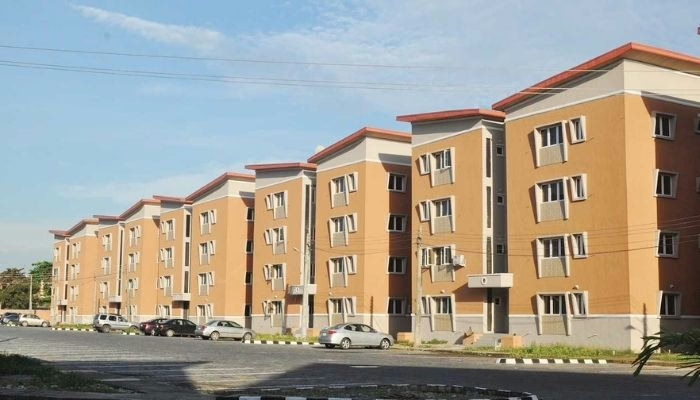Understanding Nigeria’s Housing Shortfall: Beyond Mere Construction
affordable–housing-opportunities/” title=”Unlocking … …: Nola Adetola, CEO of Veritasi …, Speaks at Financial Times Africa Summit 2023″>housing deficit: It’s not just about building more homes” loading=”lazy” class=”pl” />
Every few months, news outlets highlight a persistent challenge facing Nigeria: a staggering housing gap exceeding 20 million units. This shortfall is often presented as a simple call to build more houses, but the reality is far more complex.
The Multifaceted Nature of Nigeria’s Housing Crisis
While increasing the number of residential units is crucial, addressing Nigeria’s housing deficit requires a holistic approach. Factors such as urban planning deficiencies, inadequate infrastructure, and affordability barriers play significant roles. For instance, rapid urbanization in cities like Lagos and Abuja has outpaced the development of essential services, making many newly built homes inaccessible or unsuitable for low- and middle-income families.
Current Trends and Statistics
Recent data from the National Bureau of Statistics reveals that Nigeria’s urban population is growing at an annual rate of approximately 4.3%, intensifying demand for housing. Moreover, the World Bank estimates that over 70% of Nigerians live in informal settlements or substandard housing conditions, underscoring the urgency of comprehensive housing policies.
Beyond Construction: Sustainable Solutions for Housing
To effectively bridge the housing gap, stakeholders must prioritize affordable housing schemes, improve access to financing, and implement innovative building technologies. For example, the adoption of modular construction and eco-friendly materials can reduce costs and construction time. Additionally, government incentives aimed at private sector participation have shown promise in countries like Kenya, where public-private partnerships have accelerated affordable housing delivery.
Conclusion: A Call for Integrated Housing Strategies
Ultimately, Nigeria’s housing deficit cannot be resolved by merely increasing the number of homes. A strategic blend of policy reform, infrastructure development, and community engagement is essential to create sustainable, affordable, and livable housing solutions for millions of Nigerians.


















0 Comments